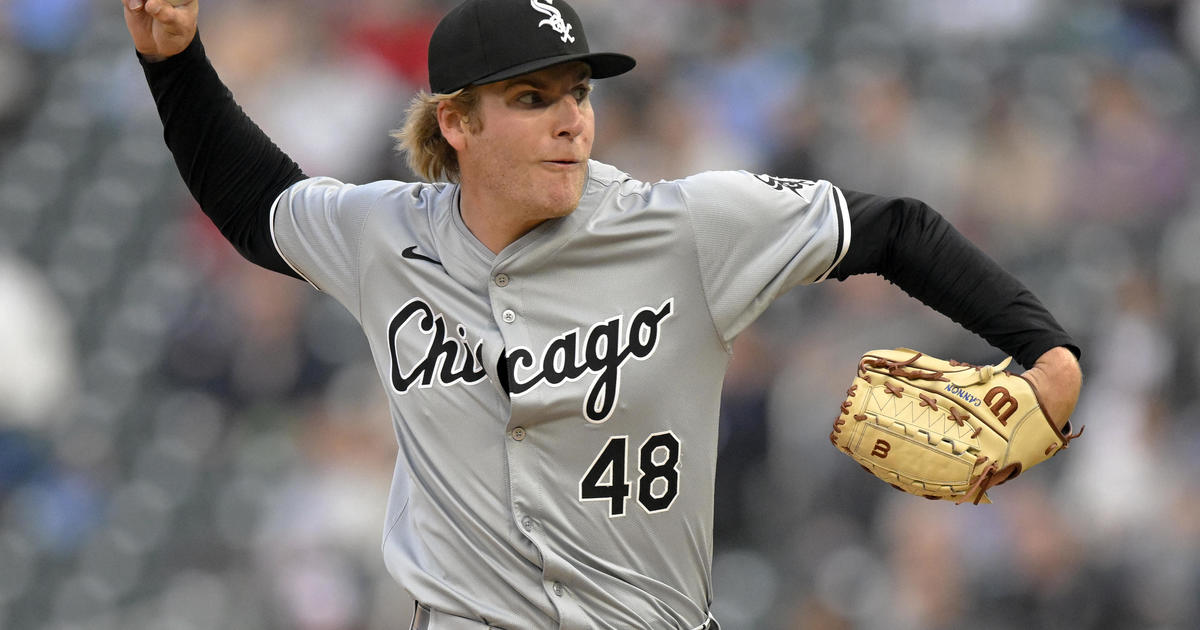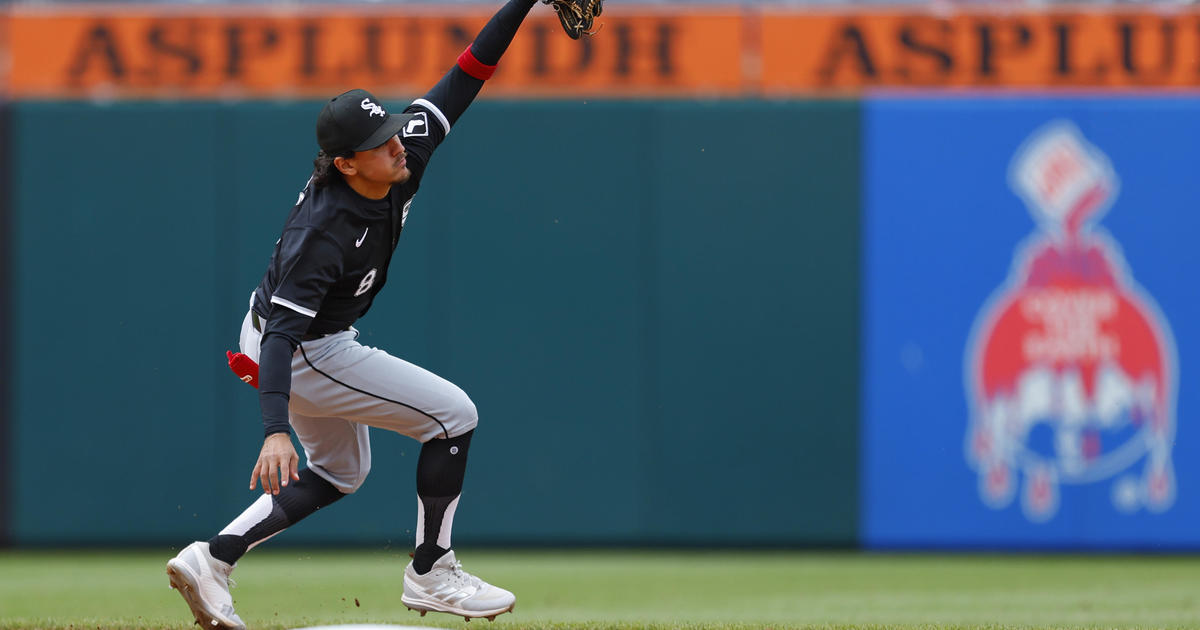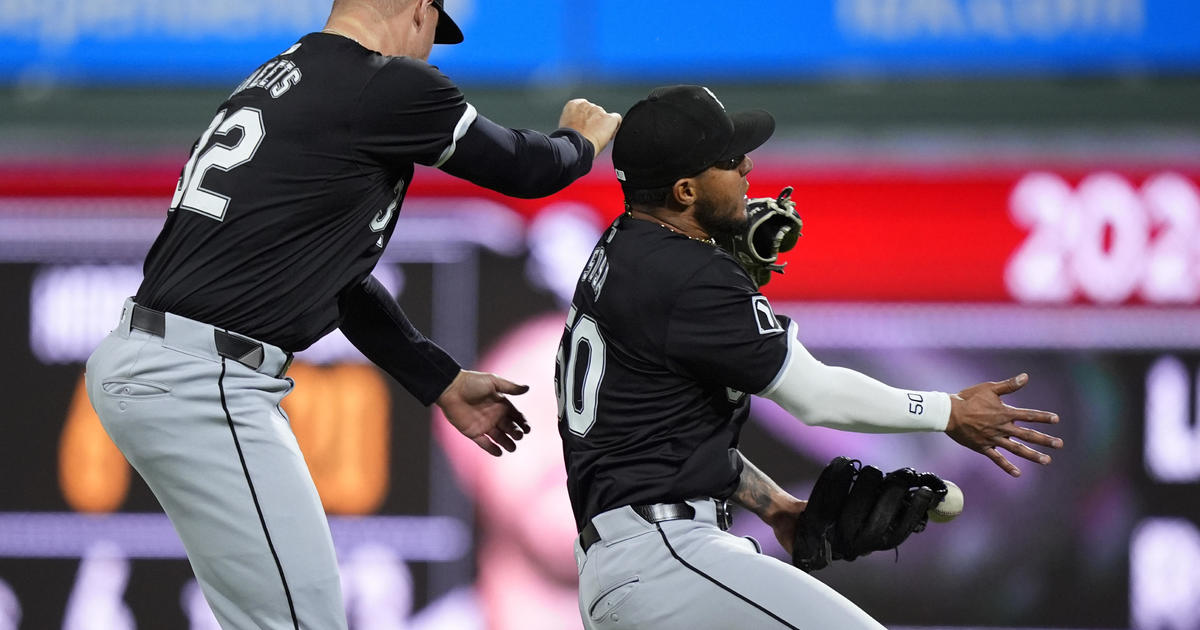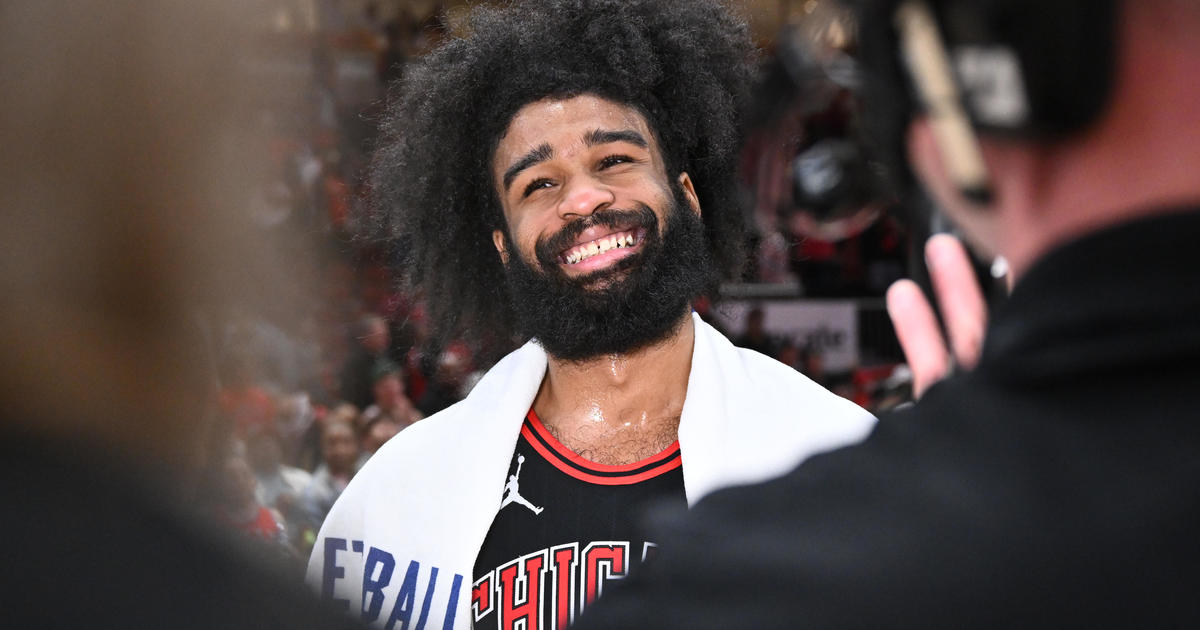Levine: Many Factors Make A Potential Cubs-White Sox Trade Really Difficult
By Bruce Levine--
CHICAGO (CBS) -- As the mediocre White Sox have expressed a willingness to sell and acknowledged a total rebuild has been discussed leading up to the non-waiver trade deadline on Aug. 1 and the Cubs look to add to a championship contender, water-cooler talk and bar-room conversations have long swirled about whether the two Chicago teams could potentially make a trade.
After all, some of their needs match up. The White Sox are in need of quality young position players, while the Cubs desire contract-controlled pitching.
Would the Cubs love to have Chris Sale? Of course they would. How about Javier Baez and Jorge Soler on the South Side? White Sox executives would certainly be interested.
The last deal of any of pitchers between the clubs was in November 2006. Right-hander Dave Aardsma was sent from the Cubs to the White Sox for left-hander Neal Cotts in an exchange of relievers. The deal was centered on each getting a fresh start for a pair of players who had slipped in performance.
The most significant deals between the teams were the Sammy Sosa-George Bell swap in 1992 and the Matt Karchner-Jon Garland deal in 1998. They were also the most one-sided transactions between the two teams in history.
Local embarrassment and possible job loss prevents Cubs-White Sox deals from occurring often. The 1992 deal netted the Cubs a superstar of huge stature in Sosa, while the White Sox were left holding the proverbial bag as Bell struggled and played just two more seasons before ending his career.
The 1998 trade sent Garland to the White Sox when he was still a prospect. He went on to win 136 games in his career, including 92 for the White Sox. He also helped them to a World Series title in 2005. Karchner was ineffective for the Cubs and was out of the game within a year of the swap.
Those trades that backfire can hurt one side of the city for years.
This is all serves as context to why trade agreements -- specifically those of consequence -- aren't likely to happen between the Cubs and White Sox in this era. Regarding the situation at hand, Sale would certainly fit the Cubs' vision. He's one of baseball's best pitchers and has the most team-friendly long-term contract in recent MLB history.
The total salary owed to Sale from 2017 to 2019 is $39.5 million, an average annual value of about $13.2 million. Let this set in for a second: Sale's annual salary is just more than one-third of what Dodgers ace Clayton Kershaw and Diamondbacks ace Zack Greinke are making.
That number has to be kept in mind when you consider what the White Sox would ask for in a potential trade and what they'd ultimately get in return. Sale is a 27-year-old five-time All-Star, so White Sox general manager will ask for the moon in any trade discussions.
Hahn and the White Sox will insist on receiving both pitchers and position players in any deal for Sale. The Cubs could only satisfy half of that checklist, as they're flush with position-player talent but short on highly regarded pitchers. And at this time of year, a three-way deal would be really difficult to pull off.
Unless the White Sox are blown away in the next 10 days by the Red Sox, who are flush with great young talent, the likely scenario for them will be to hold onto Sale. During the offseason when they're not in a playoff race, the teams that are in contention now will be more willing to part with talent on their current 25-man in blockbuster multi-player deals.
Bruce Levine covers the Cubs and White Sox for 670 The Score and CBSChicago.com. Follow him on Twitter @MLBBruceLevine.



